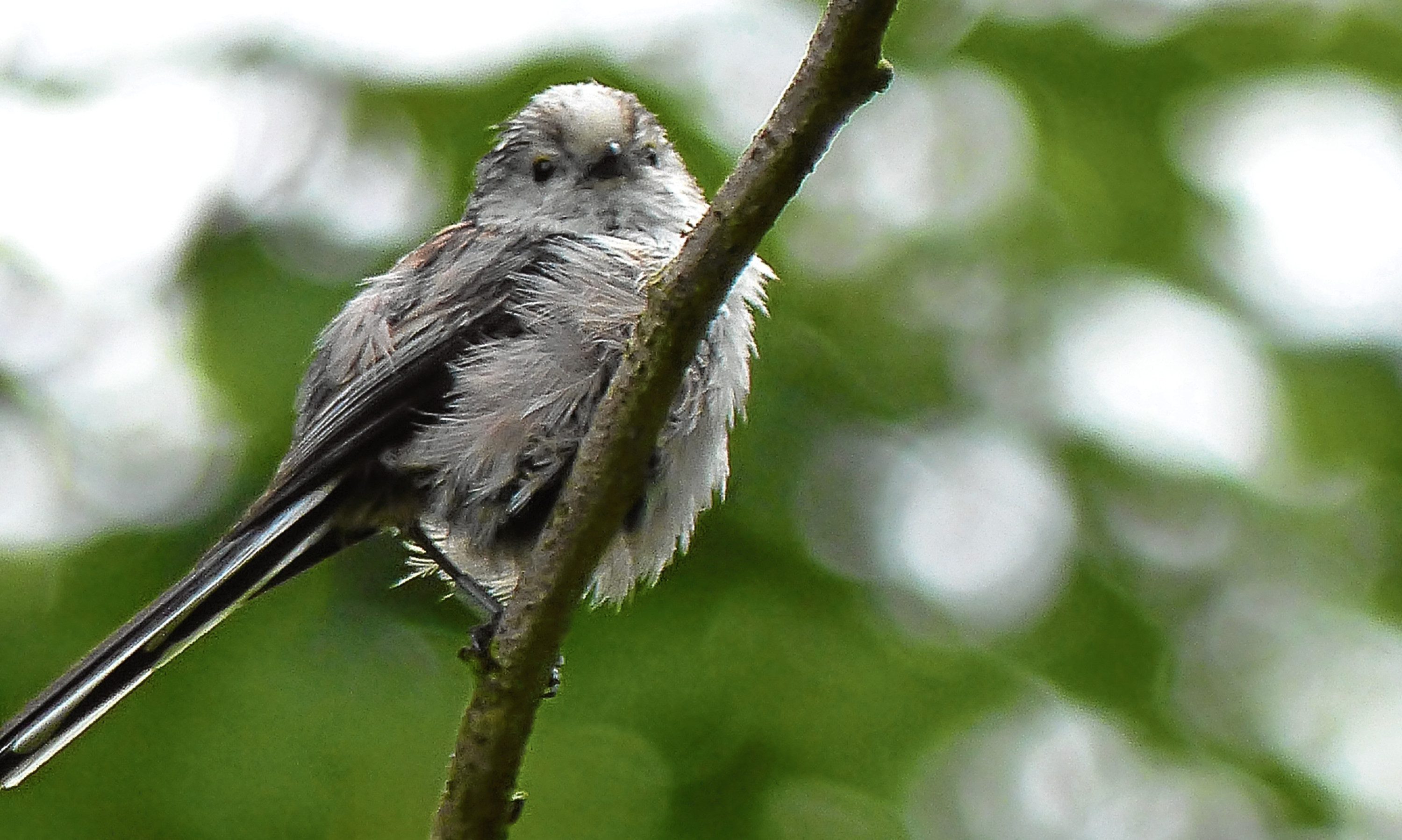I have never really got Balquhidder Glen out of my system. I lived there for a few years and we seemed — still seem — to have an awareness of each other.
Just where the River Balvaig leans closest to the bottom of the hill on the glen’s south flank, the landscape has acquired its most recent adornment.
An old forestry plantation of spruce trees was clear-felled but instead of being replanted, the hillside was left to its own devices.
The wondrous – and predictable – result was a self-sown birchwood, which has just begun to warm to its annual task of drenching the hillside in autumn colour.
Flowers, songbirds, a few rowans, an occasional oak, red squirrels and pine martens have adopted the place – and so have I.
Hard under the hill, right up against the roadside and a gentle stone’s throw from the river is an old flat-topped stone wall where I once watched a stoat in full ermine guise sprint for 100 unbroken yards along its crest, smooth as a rolled snowball.
Suddenly it leaped up, spun round in its own length and ran back again the same distance before it jumped down on to the road and vanished among riverbank trees. What the hell was that all about? Whenever I pass the place I still try to puzzle it out. I’m no closer to knowing but I’m not done yet.
There are always fresh otter tracks in the riverbank mud where I expect to see them and as often as not a fresh spraint on a tussock at the top of the bank.
The tracks are criss-crossed with other spoors – the footprints of red and roe deer, heron and a small duck, probably teal. This kind of agenda-free wandering in a known landscape is how I like to engage with nature best.
I stop often to listen more intently, to search the hillside for deer and there was a sea eagle around the last time I was here, so I regularly scan the middle distance and the skylines just in case.
I take pictures, make rough sketches and most importantly, I stop several times and sit for perhaps half an hour at a time, writing, eating lunch and just being still, just looking, just listening.
There’s a small ash tree on the bank, no more than 10ft tall, with a hole in the trunk at eye-level. It had accommodated a blue tit nest but it has just been enlarged by a great-spotted woodpecker, so who knows what will happen there next spring?
My attempt to photograph the woodpecker’s remodelling work is interrupted by the arrival of a flock of long-tailed tits. Theirs is the thinnest, highest-pitched, softest of bird calls and mysteriously, it sounds no louder at close quarters than it does 100 yards away.
Suddenly, they are all around, aswarm in this very ash tree. There are 30 or 40 and they move through the tree like a breeze that whispers, clicks and whistles, so close that for a moment, it feels like their tuneless concerto is inside my head.
Most stop once or twice among the branches and for a second or two at a time, the nearest on a flailing twig a yard from my face.
As far as I can see, none of them tries to feed. The whole flock’s passage through the tree takes perhaps 10 seconds from beginning to end, then they fly on along the bank to the next and much larger tree 50 yards away.
I am as thrilled by it all as I am baffled. For one thing, they treated me like a piece of landscape, which is to say that although they had no use for me as a piece of landscape, neither did my presence cause them to change their behaviour.
But then there is this: they could have gone round the tree on either side or both sides, or (much simpler) they could have just flown over it. Instead, they chose to descend in order to fly through it. My best guess is that it is a tactic designed to minimise the risk of sparrowhawk attack.
There is a moral to the story and it’s this. The way to learn about nature and to understand how it works is to spend time in its company.
And it really doesn’t matter whether nature turns up in the guise of a flock of tits or a sea eagle, a sprinting stoat or an otter, beaver, wildcat or wolf pack.
Both nature and ourselves (the human tribe that likes to think it is something other than and superior to nature) prosper when something so utterly unexpected and unpredictable briefly bridges the gap between us and permits a moment of enhanced regard to cross.










